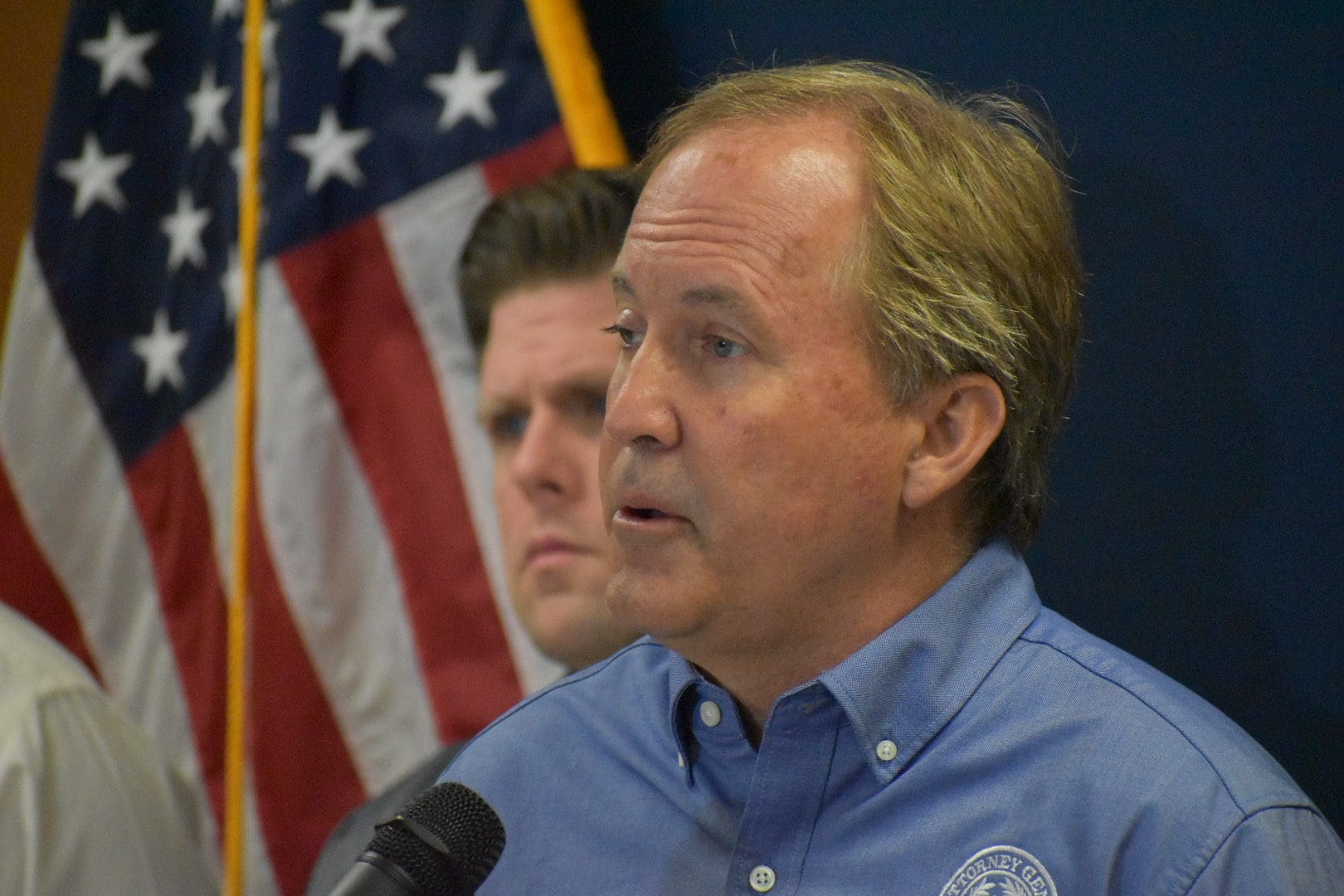During his campaign, then-candidate Donald Trump signaled that as President he’d withdraw the United States from the North American Free Trade Agreement, referring to it as “a disaster.”
Leaning on advisers friendly toward economic nationalism, Trump threatened to withdraw from NAFTA if Canada and Mexico refused to renegotiate. But the U.S.’s North American counterparts were more than willing, given that the agreement is outdated in certain aspects (i.e. doesn’t address internet commerce), and many side agreements await incorporation.
Many observers, including economist Vance Ginn with the Texas Public Policy Foundation, believe that NAFTA is not perfect. According to Ginn, a perfect free trade agreement would have a single provision: There shall be no trade barriers.
Ginn recognizes that voluntary exchange is mutually beneficial or the transactions typically would not occur. The over 1700-page agreement, however, is rife with carve-outs and favors some businesses and industries over others.
Negotiators just concluded another round of talks, the second-to-last before negotiations are set to end in March.
While all three sides have made significant progress on anti-corruption language and also customs and food sanitation issues, impasses remain. Among these are the U.S. desire to terminate the agreement every five years (Canada has offered regular revisions), and modifications to the way NAFTA regulates the regional content of where a new vehicle is manufactured.
Another dispute revolves around how to resolve trade conflicts. The U.S. is seeking to dissolve arbitration panels whose results are binding and beyond the purview of U.S. courts.
While not perfect, NAFTA has been good for the U.S., and very good to Texas. According to a report by the Federal Reserve Bank of Dallas, NAFTA elicited an increase in Texas’ sales to Mexico and Canada. Data indicates exports to Asia, Europe and Latin America increased as well, suggesting net trade creation.
One of the areas in which Texas is poised to capitalize on reduced trading barriers is the fledgling Mexican energy industry. In 2013, Mexico moved to gradually privatize its energy sector, opening the door to foreign investment.
Largely due to NAFTA and its proximity, Texas refineries continue to intertwine with Mexico’s energy market, with increases in crude oil and natural gas production generating more business for Texas refineries. Amending the energy chapter of NAFTA to reduce unilateral energy regulations by the Mexican government is one way negotiations could bring further economic benefits to Texas.
High on the president’s objectives going into the negotiations is a reduction in the trade deficit with Mexico. Ginn, like others, highlights the fact that trade imbalances don’t paint the whole picture. Rather, they say that U.S. exports and imports both contribute to a growing economic pie. Data from the U.S. International Trade Administration shows that 11.5 million jobs were supported by U.S. exports in 2015, with a whopping 10 percent of these in the Lone Star State.
Meanwhile, imports contribute to lower prices, more productivity, and increased investment leading to higher wages and more opportunities. Focusing on one side of the balance sheet and ignoring capital flow misses significant benefits for Texans.
Although progress has been slow, Merrill Lynch has reduced its projected likelihood of a U.S. exit from 50 percent down to 25. Talks are scheduled to resume this month, but negotiations are expected to extend past the current March target, and possibly months beyond.




